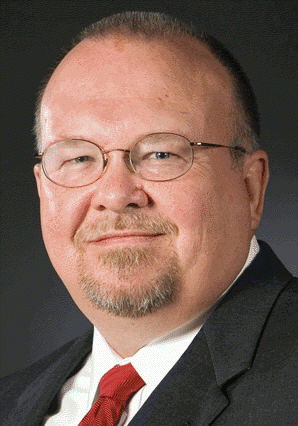This has not been the experience at UMHS, according to Chief Risk Officer Richard C. Boothman, JD. I can probably pick a couple of claims that might not have been brought without our program, he conceded.
Explore This Issue
October 2008In fact, one recent case involved otolaryngology. A stent had been left in a patient’s sinuses following a procedure, causing discomfort and sinus infections. An internal investigation revealed the root causes of the error and UMHS accepted responsibility, settling for $25,000. Would that case have been brought if we weren’t as proactive and trying to be principled? queried Mr. Boothman. Probably not-but such a case is grossly outweighed by the number of cases that never materialized because we engaged patients and families right away-and were unabashedly empathetic-even while holding the line in principle. Mr. Boothman reported that many patients and families have withdrawn claims or voiced their preference that caregivers not be unduly penalized for their mistakes because they had observed staff members’ empathy throughout their loved ones’ hospitalizations.

Smart Claims Management
Program-wide policies instituting transparency and disclosure, such as the one at UMHS, are espoused by the Sorry Works! Coalition.4 UMHS efforts have been aided by state tort reforms, which provide for a six-month cooling-off period during which cases can be investigated, and by the fact that their health system is self-insured. Mr. Boothman also attributes their success to application of what he calls smart, decisive claims management principles to pre-suit claims and litigation. UMHS, he said, does not settle cases for expediency’s sake, does not engage in nuisance settlements, but does take an honest look at adverse events to glean the difference between a true error and reasonable medical care.
The institution also acknowledges that physicians and other health care providers work in an inherently dangerous environment. Pivotal to UMHS’ claims management approach is a stance that their physicians deserve an aggressive defense, with the best lawyers and best experts, if their care was reasonable, even if it resulted in a bad outcome. However, for such strategies to work, the onus is also on institutions to ferret out cases of true negligence or breach of the standard of practice. UMHS takes this process into its own hands, rather than deferring to the legal system to do so.
 You cannot get to clinical improvement, and you cannot avoid future mistakes, until you admit you have a problem.
You cannot get to clinical improvement, and you cannot avoid future mistakes, until you admit you have a problem.-Richard C. Boothman, JD
Policy Not Enough
Jo Shapiro, MD, Chief of the Division of Otolaryngology at Brigham and Women’s Hospital (BWH) and former Senior Associate Director of the Office of Graduate Medical Education for BWH and Massachusetts General Hospital in Boston, is deeply embedded in her institution’s full disclosure and apology program. Working with pioneers Rich Van Pelt, MD, and Lucian Leape, MD, Dr. Shapiro ardently believes that it is not enough to have an institution-wide policy in place to foster transparency; two other crucial elements are education and support. To just make a policy and not have support behind it is almost worse than no policy at all, she said. Her passion is to help physicians do a better job of being transparent with patients. My stance has been that all caregivers need to understand how to do this better, she asserted. We can’t just tell doctors to disclose and apologize, because we don’t have the experience-and our emotions are likely to get in the way of doing it well.
Leave a Reply